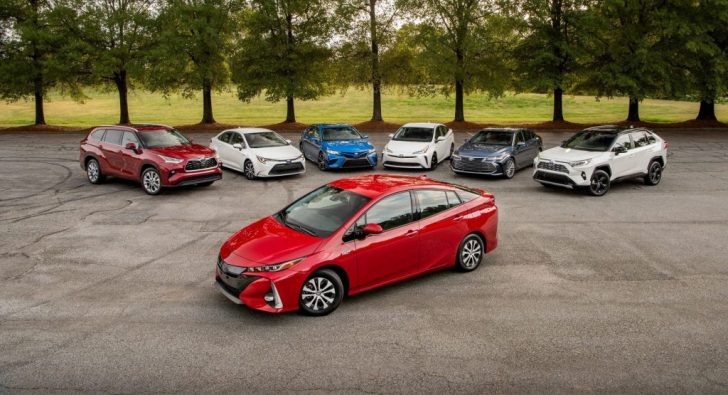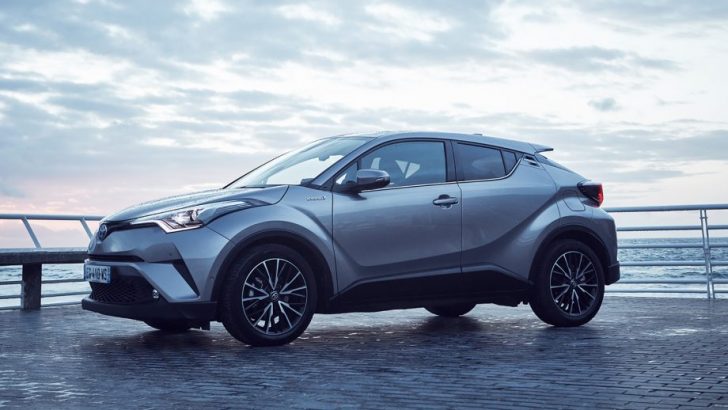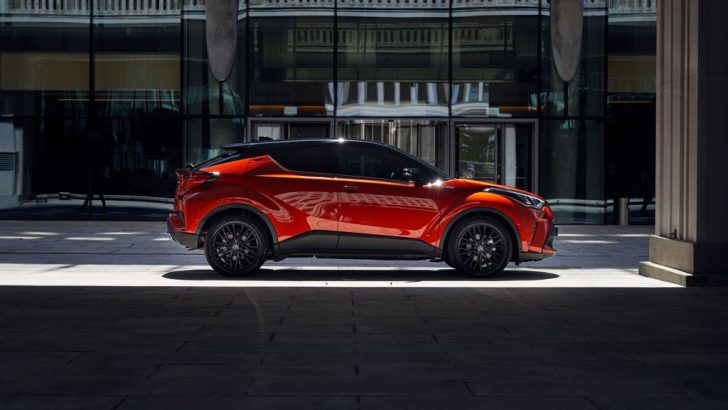Since 1990, when Toyota came forward with its widely known Prius, it has become the most prominent and extraordinary auto-making company as compared to its rival hybrid car makers. Adding more to the praise, at present, a little more than two decades later—after Toyota made its first hybrid car sale, the company has already distributed around 15 million hybrid sales around the world!
Beating all odds

Out of the millions of sales, almost one-fifth of all cars have been sold all across Europe, with the United Kingdom as the potential market for Toyota’s hybrid vehicles. According to the company’s data, Toyota has moved almost 356,000 units over these shores to date. It is also worth mentioning that hybrid cars make up 66% of all Toyota’s new car sales in the United Kingdom.
There’s more to come
In Britain, Yaris has made its mark as the top-rated hybrid car, nearly surpassing the Prius according to the sales report issued by the company. Furthermore, officials from the company have indicated that the vehicle’s position is set to be solidified with the appearance of a brand-new Yaris model this year.
The company also claimed that the car is furnished with Toyota’s most recent, fourth-generation hybrid electric framework that will provide a more remarkable zero-outflow electrical driving ability.

Saving the environment one car at a time
Just 25 years ago, the company decided that it would dive headfirst into making hybrid vehicles when Takeshi Uchiyamada’s group was given the task to build a car for the 21st century. Their goal was to make these rides churn out less pollution in the atmosphere.
The Prius made its appearance in 1997 but was only made available for selling in Europe in 2000. According to the company’s claims, due to their sales reaching millions, their vehicles have saved over 120 million tons of CO2 discharges and emissions in contrast to its rival petrol vehicles.
Future expectations

Toyota shared their thoughts and said that HEVs are an integral part of the future’s worldwide vehicle fleet, along with Battery EVs, Plug-in HEVs, and hydrogen-powered FCEVs. According to the company’s plans, they are all set to uncover 40 brand new and updated electric vehicles by the year 2025. These vehicles will include at least ten zero-emission cars, whether BEVs or FCEVs.
Shigeki Terashi, the chief official for the TMC, said that they are trying hard to improve the battery performance and to lower the cost to the lowest possible rate. However, this can only happen once they overcome the obstacles related to BEVs and FCEVs. Meanwhile, they are continuing the similar work on HEVs.
